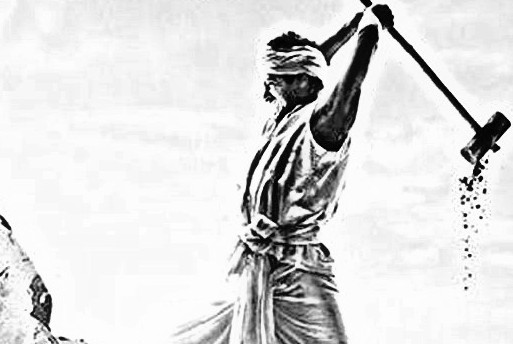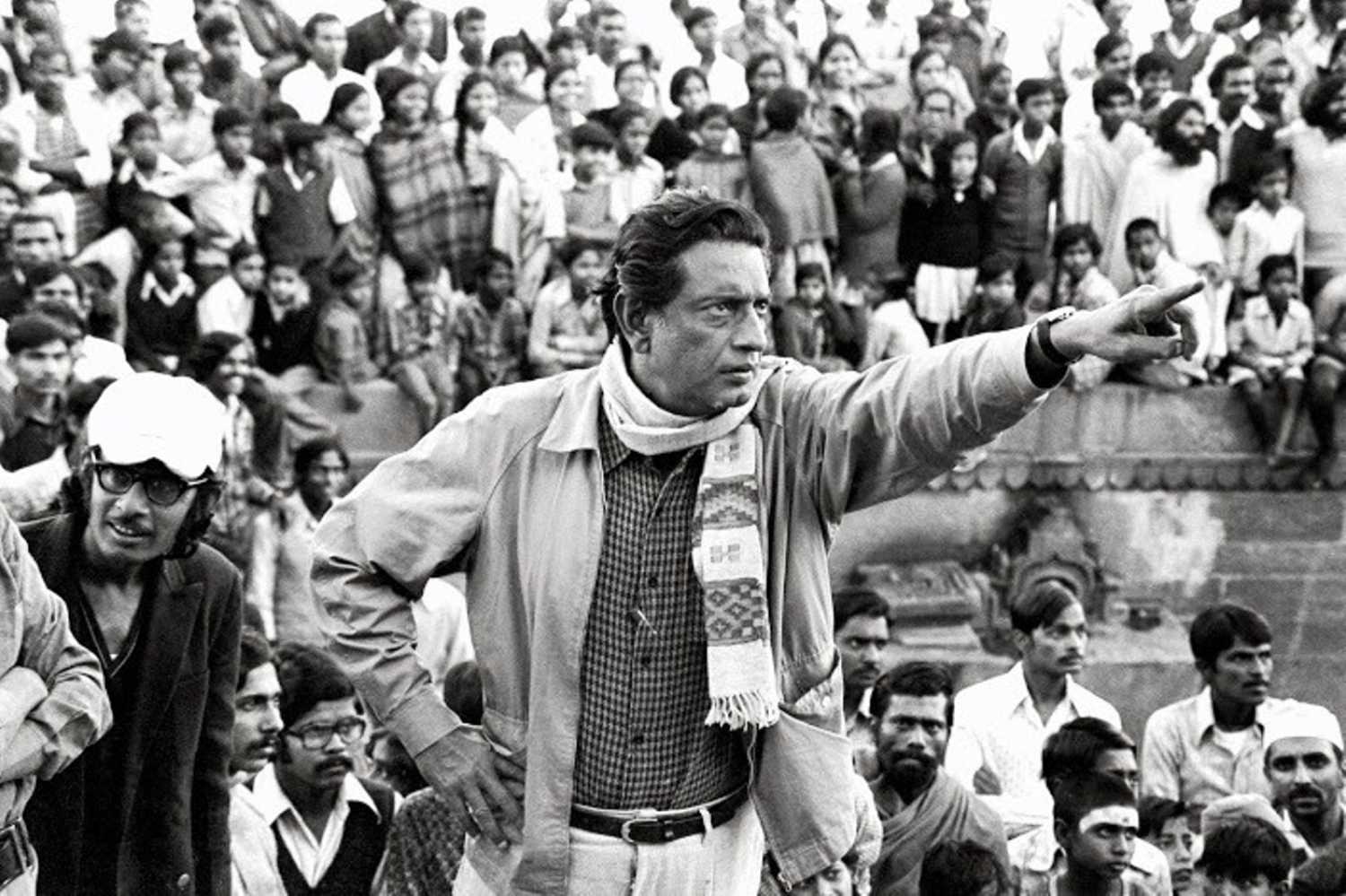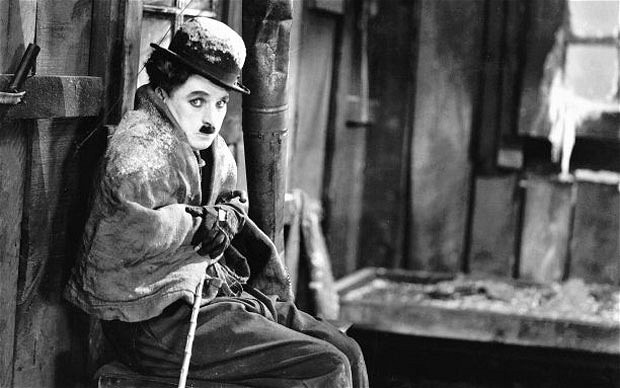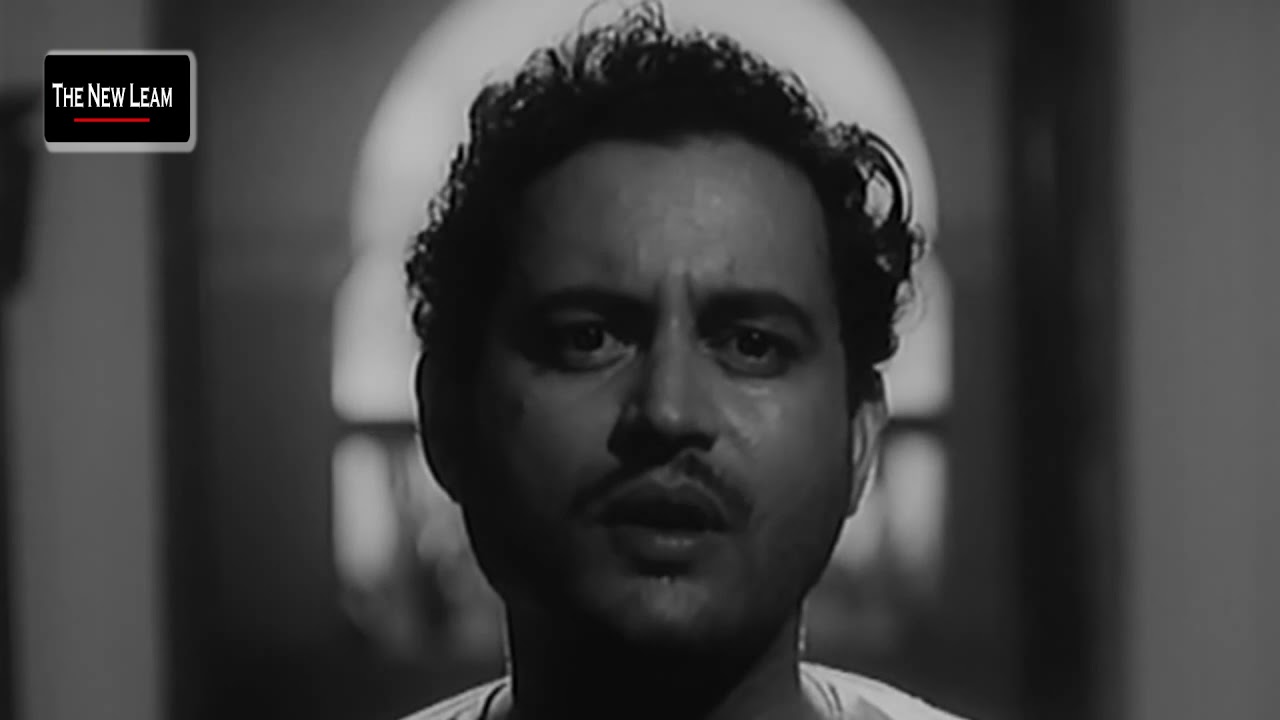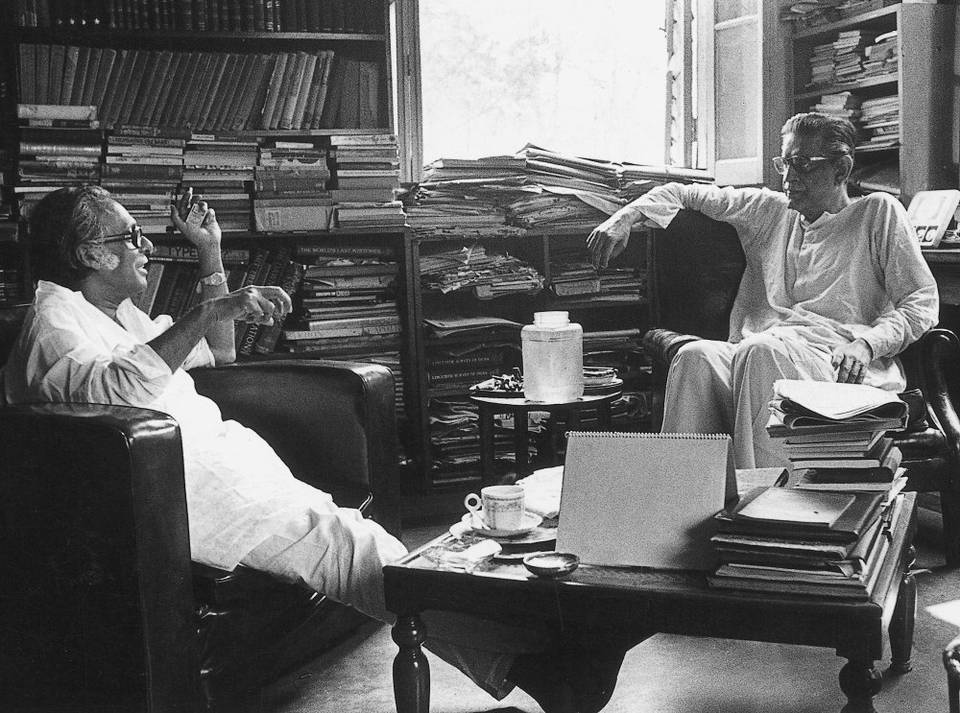Beyond the Utilitarian Connotation of Education
Fearlessness—or the ability to overcome setbacks and difficulties—ought to characterize the liberating aspect of education. A creative learner sees beyond textbooks and exam success, draws her inspiration from a film, and makes us familiar with this innovative learning material.
By Aditi Banerjee
Life is a canvas of gain and loss, success and failure. At times we lose, and at times we win; but life never stops, it moves on. With each gain we earn a lesson, and with each defeat we learn one. The same logic applies to education as well; we have to understand that we are humans and not ‘ success producing’ machines. It is but inevitable that we will at times fail, but it does not mean that we are incapable or not up to the mark. It simply carves a space for us to contemplate on what went wrong, and take that fault to the level of polishing and refining so that it does not get repeated next time. But how many of us take failure in the right stride?.
The times we live in is difficult indeed for it does not have any space for ‘failures’ and, therefore, everybody is scared of failing. Is it what education inculcates? The aim of education should be liberation from everything that holds us back from exploring deeper meanings of life, and to relate to the world in a more meaningful manner. We all are inherently different, have different perspectives and aspirations, and an ideal educational set up should try to provide the space for nurturing this difference. Sadly the current scenario disappoints us for it has started attaching scales to these differences leading to inequality so to say. It makes learning a burden than a joy.
The institutions, be it family or schools, are constantly harping on excelling by reproducing the same facts for that becomes the only seemingly appropriate and viable parameter for judging a student’s capability. But what about those who fail to participate in the process of rote learning? They are simply considered to be “bad students” or “weak students”. The student who excels in rote learning debunking his own aesthetic sense, imagination and innocence is considered to be a pivotal asset, and the one who fails to meet the above said requirements is branded as a failure. It is terribly utilitarian
| Patience, endurance and creative energy are the keys of human possibilities. |
Whenever such pressing questions cloud my mind I take resort to cinema for it enables me to look beyond the obvious, it lays forth a plethora of possibilities. Cinema for me has not only been a source of entertainment but has made me reflect on my own self and on the society per se which has a close eye on my activities so that it can decide whether I am successful enough or not. Recently I watched Manjhi-The Mountain Man, and somewhere it shook me to the core and made me question about this notion of failure. I realized after watching this movie that the concept of failure is as well socially constructed. Who decides what failure is? Who decides when we fail? The movie depicts the journey of Dashrath Manjhi—a poor villager belonging to a lower caste who challenged a mountain which took away the life of his beloved wife. It took him 22 years to accomplish the challenging task. True, there were moments when he thought that he would fail, but never did he give up.
We lose or we fail only when we give up. No matter how hard things get, no matter how difficult life gets the onus of failure always lies on us. The society might not have the faith on us, but it should not deter us from pursuing what we believe in. Even in the movie Manjhi (Nawazuddin Siddique) has been ridiculed time and again for his very task on taking against the mountain, but he was never bothered because he knew and had the faith on himself that he would be able to cut across the mountain. As I have mentioned above, education works as a tool of liberation as well. In a way, this movie very well portrays liberation from fear. Everybody in Manjhi’s village was aware of the fact that the mountain was a big hindrance in performing their day to day chores and also was an obstacle in accessing to the health facilities, but they never dared to do anything about it. Even the concerned officials and the Government turned a blind eye to the cause. But Manjhi dared, he pushed his boundaries despite his own oppressing conditions, he dared and he won.

